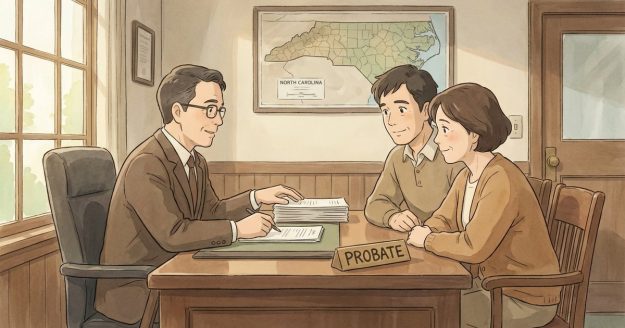How do I prove a home is supposed to be mine if it’s titled in my deceased relative’s name but I made the payments under a written agreement? nc
How do I prove a home is supposed to be mine if it’s titled in my deceased relative’s name but I made the payments under a written agreement? – North Carolina Short Answer In North Carolina, the strongest way to prove the home was supposed to transfer is to show a valid written agreement to…











